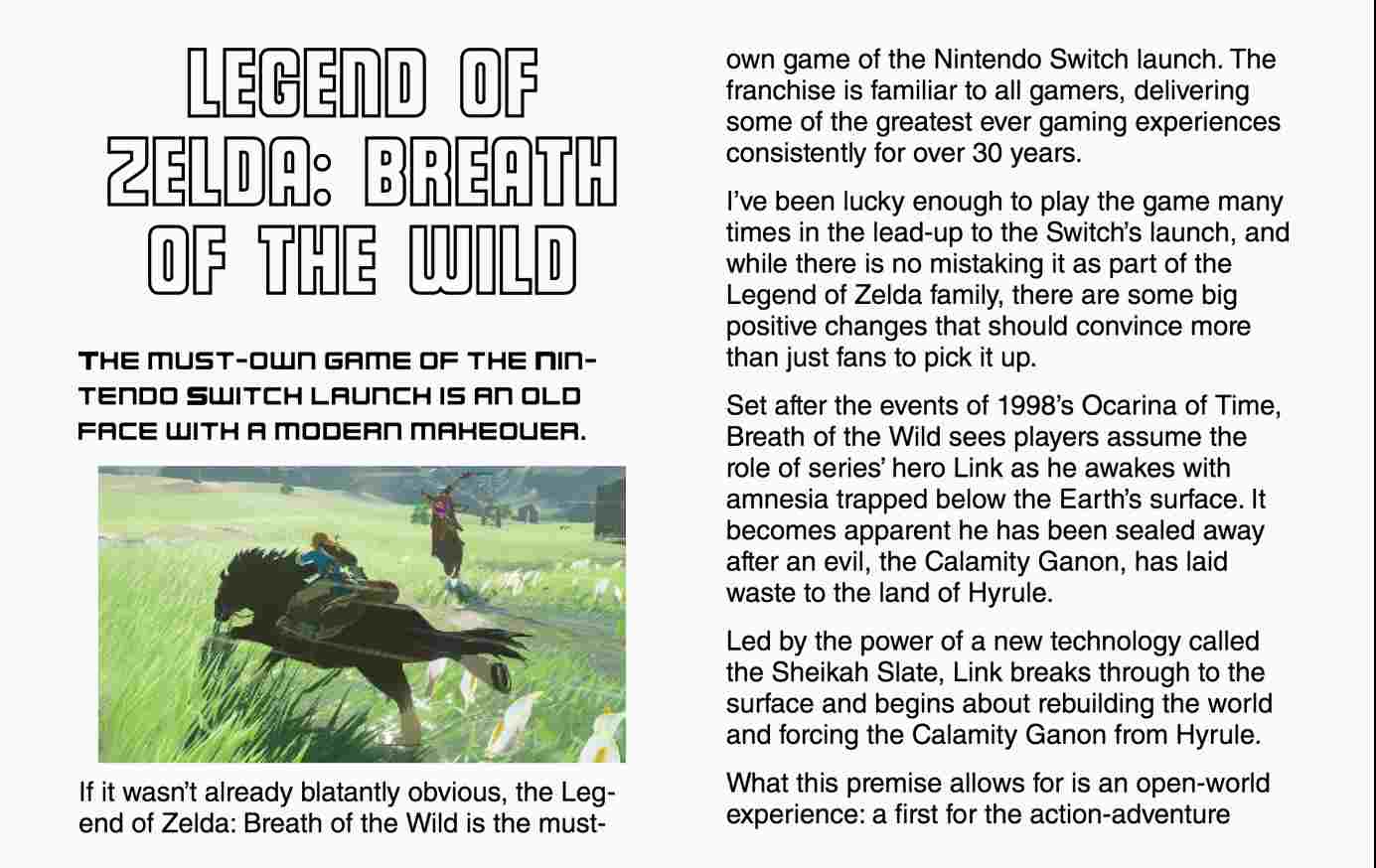One of the most imaginative and creative genres, Science Fiction (SF or sci-fi) is a theoretical fiction genre that bases its stories around the possibilities of future technology and science and how they shape and impact society and the world in which the story takes place. Science Fiction writing often has themes of space exploration, aliens, time travel, other worlds and parallel universes.
What is Science Fiction?
Science Fiction is a sub-genre of Fiction that contains elements and themes that don’t exist in reality. There is a wide range of themes that can fall under science fiction, but all usually feature futuristic technology and future speculations of modern science. Science fiction novels do not have to be set in the future as they can exist in their own world. The foundation of the genre is that the writer incorporates themes of technology and science that do not exist in real life. The purpose of Science Fiction is often to speculate on the potential impacts of current and future science and technology on society.
Types of Science Fiction
- Hard Science Fiction: Sci-fi that strictly follows scientific facts. They’re focused on natural sciences like astronomy, physics and chemistry.
- Soft Science Fiction: Sci-fi that is either characterised as not being scientifically accurate or is focused on social sciences such as sociology, psychology, politics and anthropology.
Sub-genres of Science Fiction
- Supernatural fiction: Supernatural themes that cannot be understood by science and included elements that contradict naturalist conventions of the real world.
- Dystopian fiction: Sci-fi stories where the world is full of suffering and injustice. It is the opposite of a perfect society.
- Utopian fiction: A Utopia is a perfect thriving society with all its needs met. These sci-fi stories offer optimistic visions of the future.
- Fantasy fiction: Similar to supernatural except the sci-fi elements could not happen in real life, now or in the future. These sci-fi stories often include themes of magic, monsters and mythology.
- Cyberpunk: Sci-fi stories that mix advanced technologies with a run down, dystopian society.
- Space opera: The science fiction version of a soap opera. Love, romance and drama in a futuristic setting.
- Steampunk: A blend of futuristic technology with 19th century industrial steam-powered machinery. These sci-fi stories play on the idea that the world advanced but never left the steam-powered era.
- Space western: Sci-fi stories in a western genre setting but with components of futuristic technologies incorporated into the story.
Science Fiction Tips
- Create the rules of your book’s world: Sci-fi must be plausible and accurate to the workings of its world for it to be interesting and compelling to the reader. Placing limitations on the futuristic technology in the story allows for the writer to get creative with the conflicts the characters face.
- Make the science the foundation of the story: The science should be integral to the story. It should shape the world and how the characters interact in it.
- Don’t overdo the science: It can be easy to get carried away with the science and technology. Too much can detract from the plot and character development. The science should complement the story, not distract from it.
- Ground it in reality: Ensure you maintain a connection to where humanity is currently heading. The story becomes more compelling if the reader can see a future where the technology is possible.
- Take inspiration from now: A great place to start is to take a scientific concept or idea from today and speculate its advancement in the future.
The Best Science Fiction Books
- Adam X by Nicholas Abdilla and Chris Stead
- The War of the Worlds by H.G Wells
- Dune by Frank Herbert
- The Handmaid’s Tale by Margaret Atwood
- Fahrenheit 451 by Ray Bradbury
- Stranger in a Strange Land by Robert Heinlein
- Ender’s Game by Orson Scott Card
- 1984 by George Orwell
- The Hunger Games by Suzanne Collins


